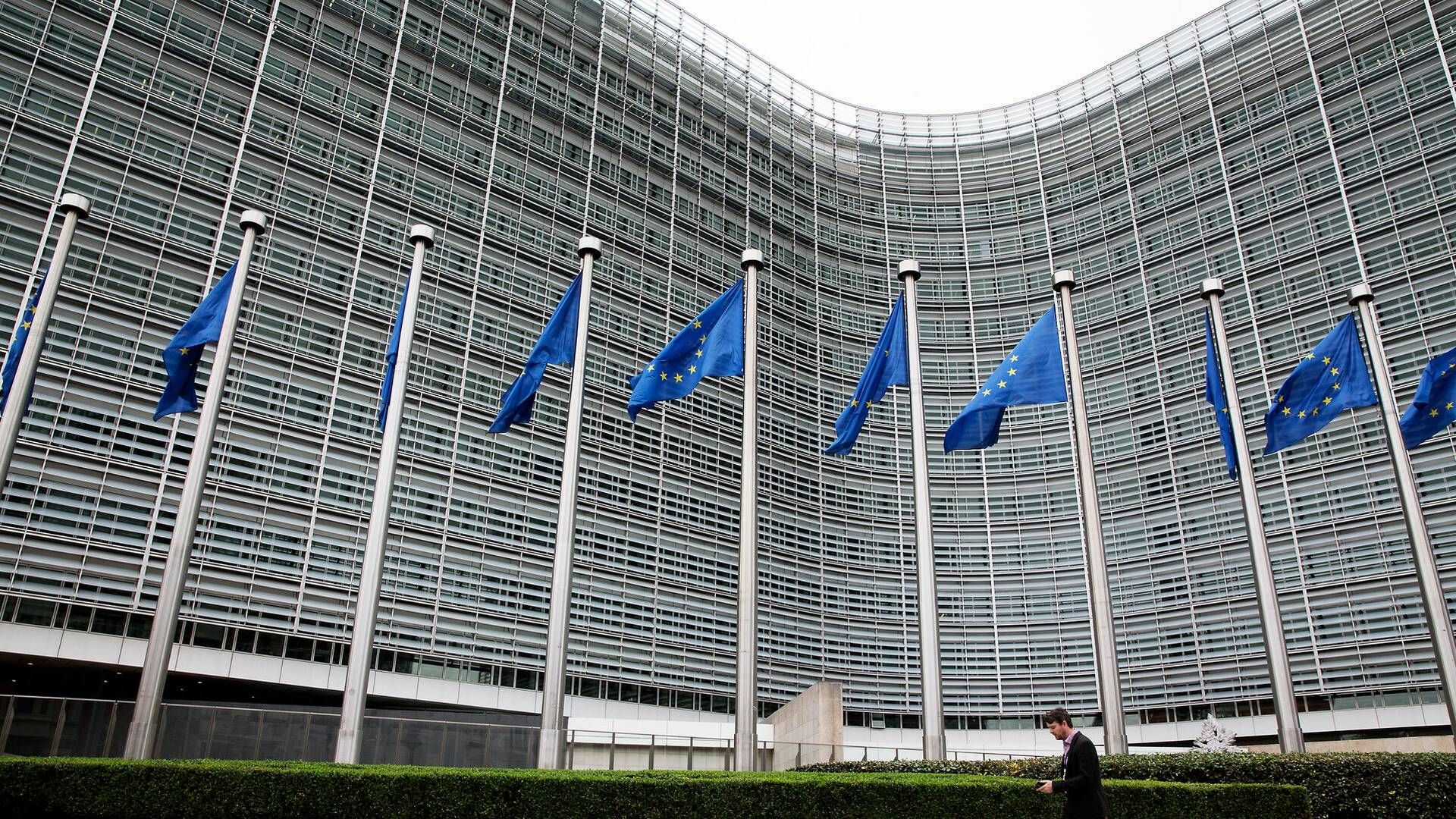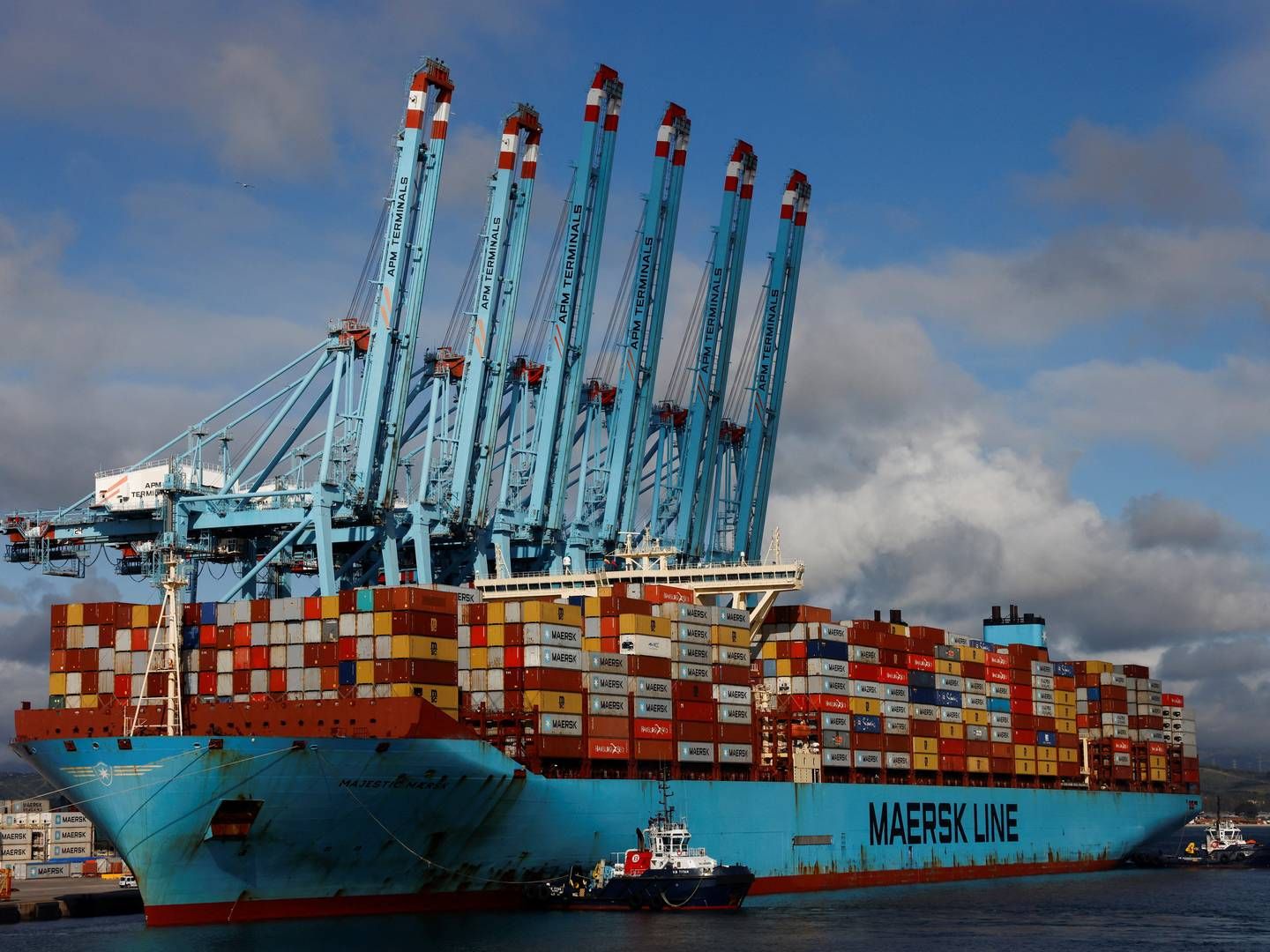EU backs new climate agreement for shipping

The new climate targets for the shipping industry are welcomed in the EU system.
”This target will help accelerate the transition by sending a clear signal to the shipping and fuel industries and by encouraging the investment decisions and fuel choices it requires,” reads a statement from the European Commission.
On Friday, the UN’s maritime organization, IMO, adopted a new CO2 strategy for global shipping towards 2050 that aims for ”net zero emissions in or around 2050.”
In addition, it has set a target of a 20 percent reduction in emissions by 2030 — but will aim for 30 percent by 2030 — and 70 percent by 2040 with efforts to reach 80 percent.
Previously, the goal was to halve emissions from ships by 2050.
In the run-up to the meeting, EU demanded that the IMO set a target of reducing emissions by 29 pct. in 2030 and 83 pct. in 2040.
The maritime sector is currently responsible for about 3 percent of global CO2 emissions. Thus, it is crucial that the industry becomes more ambitious in the fight for the climate, says Inese Vaidere, co-chair of the Parliament’s delegation.
Since the IMO member states adopted the new agreement, reactions from the industry have been positive. Maersk, among others, has called it a ”game changer.”
Shipping companies, engine manufacturers, and fuel suppliers have long been looking for clear signals from the IMO.
Related articles
Danish minister will fight for a high CO2 levy on shipping
For subscribers



















